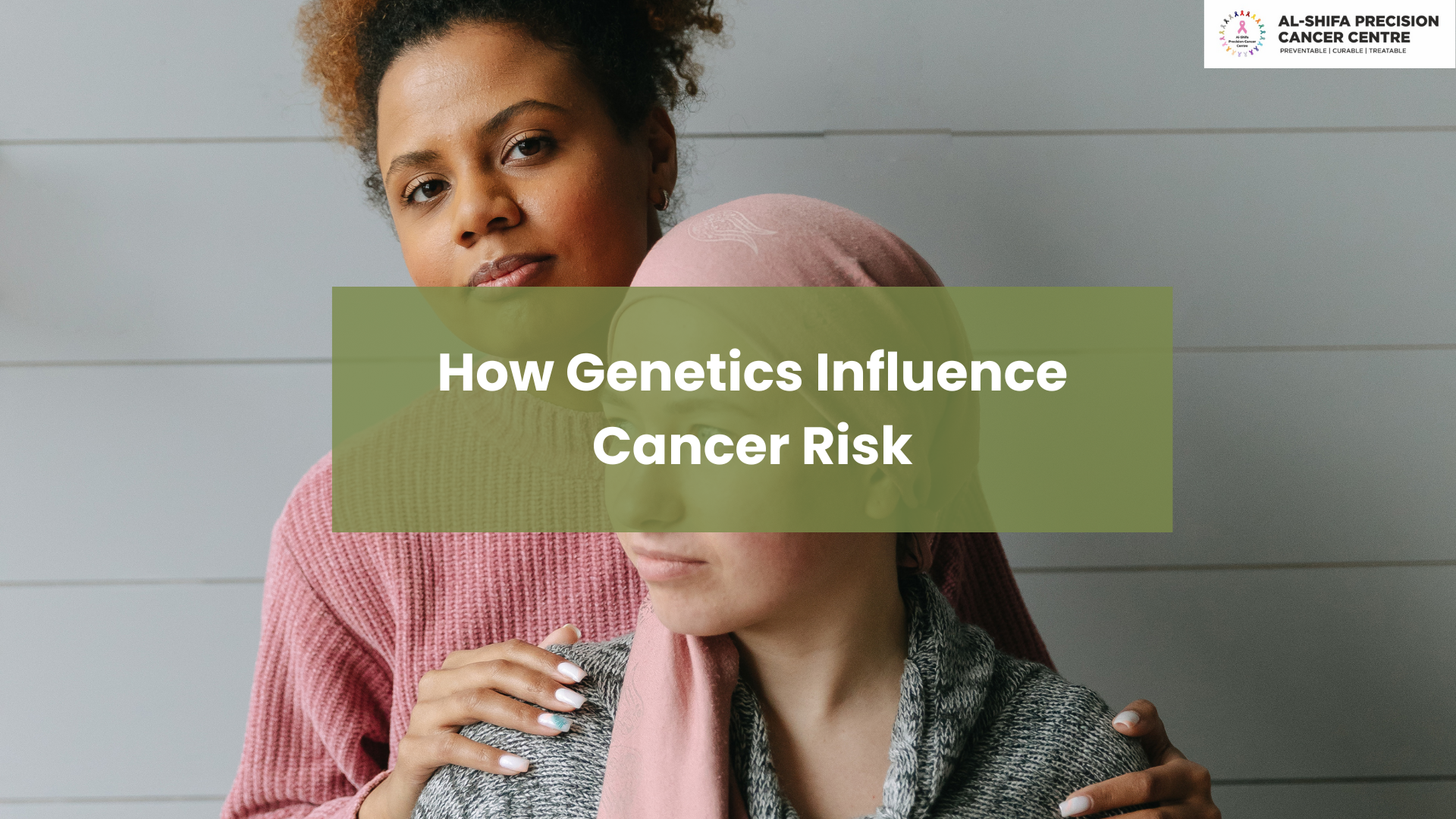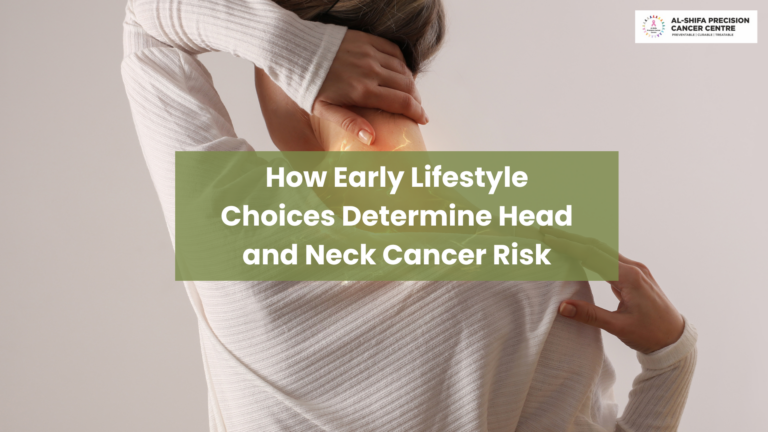Cancer, a complex disease, arises from abnormal cell growth. While various factors contribute to its development, genetics plays a significant role. Understanding the genetic underpinnings of cancer can shed light on its causes, prevention, and treatment.
What are Genes?
Genes are the basic units of heredity, composed of DNA. They provide instructions for building and maintaining cells. Every cell in our body contains a complete set of genes, which are inherited from our parents.
Genetic Mutations and Cancer
A mutation is a change in the DNA sequence of a gene. Most mutations have no significant impact on health, but some can lead to the development of cancer. These mutations can alter the function of proteins, causing cells to grow uncontrollably.
Inherited Genetic Mutations
Certain genetic mutations can be inherited from parents. These inherited mutations increase an individual’s risk of developing cancer. Examples of inherited cancer syndromes include:
- BRCA1 and BRCA2 mutations: These mutations increase the risk of breast, ovarian, and other cancers.
- Lynch syndrome: This syndrome increases the risk of colorectal, endometrial, and other cancers.
- Li-Fraumeni syndrome: This syndrome increases the risk of a wide range of cancers, including breast, colon, and sarcoma.
Acquired Genetic Mutations
Most cancer-causing mutations are acquired during a person’s lifetime. These mutations can occur due to exposure to environmental factors such as:
- Tobacco smoke: Smoking is a major risk factor for lung cancer and other cancers.
- Ultraviolet radiation: Excessive sun exposure can increase the risk of skin cancer.
- Certain chemicals: Exposure to certain chemicals, such as asbestos and benzene, can increase the risk of cancer.
Genetic Testing and Cancer Risk Assessment
Genetic testing can help identify individuals who may be at increased risk for certain types of cancer. This information can be used to develop personalized prevention and screening strategies.
While genetics plays a role in cancer risk, it is important to remember that it is not the sole determinant. Lifestyle factors, such as diet, exercise, and avoiding tobacco and excessive alcohol consumption, also play a significant role in cancer prevention.
A Hopeful Outlook
While genetics can influence our susceptibility to cancer, it’s important to remember that it’s not a definitive factor. By understanding the genetic basis of cancer, we’re making significant strides in early detection, targeted therapies, and preventive measures.
With advancements in genetic research and personalized medicine, we’re increasingly empowered to take control of our health. By adopting healthy lifestyle choices, such as regular screenings, balanced diets, and avoiding harmful substances, we can significantly reduce our cancer risk.
Let’s embrace the power of knowledge and work together to build a future where cancer is no longer a fear, but a manageable challenge.



